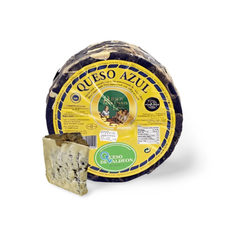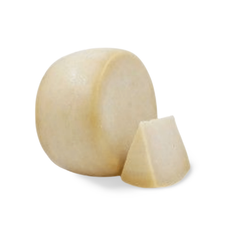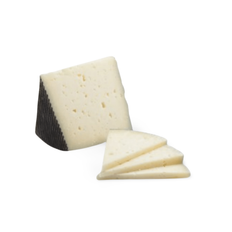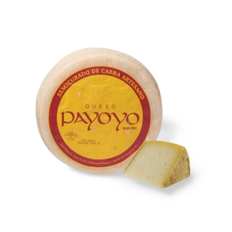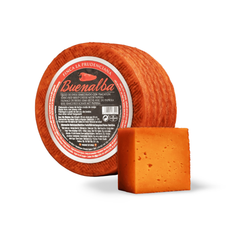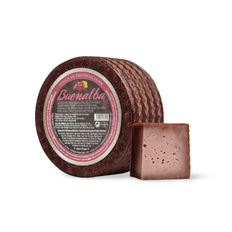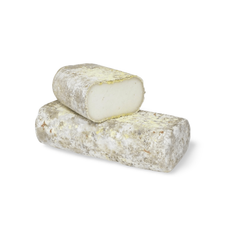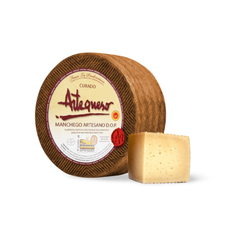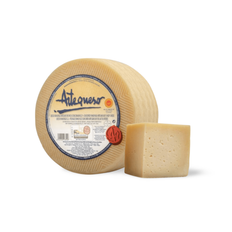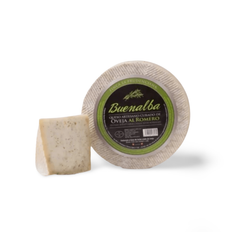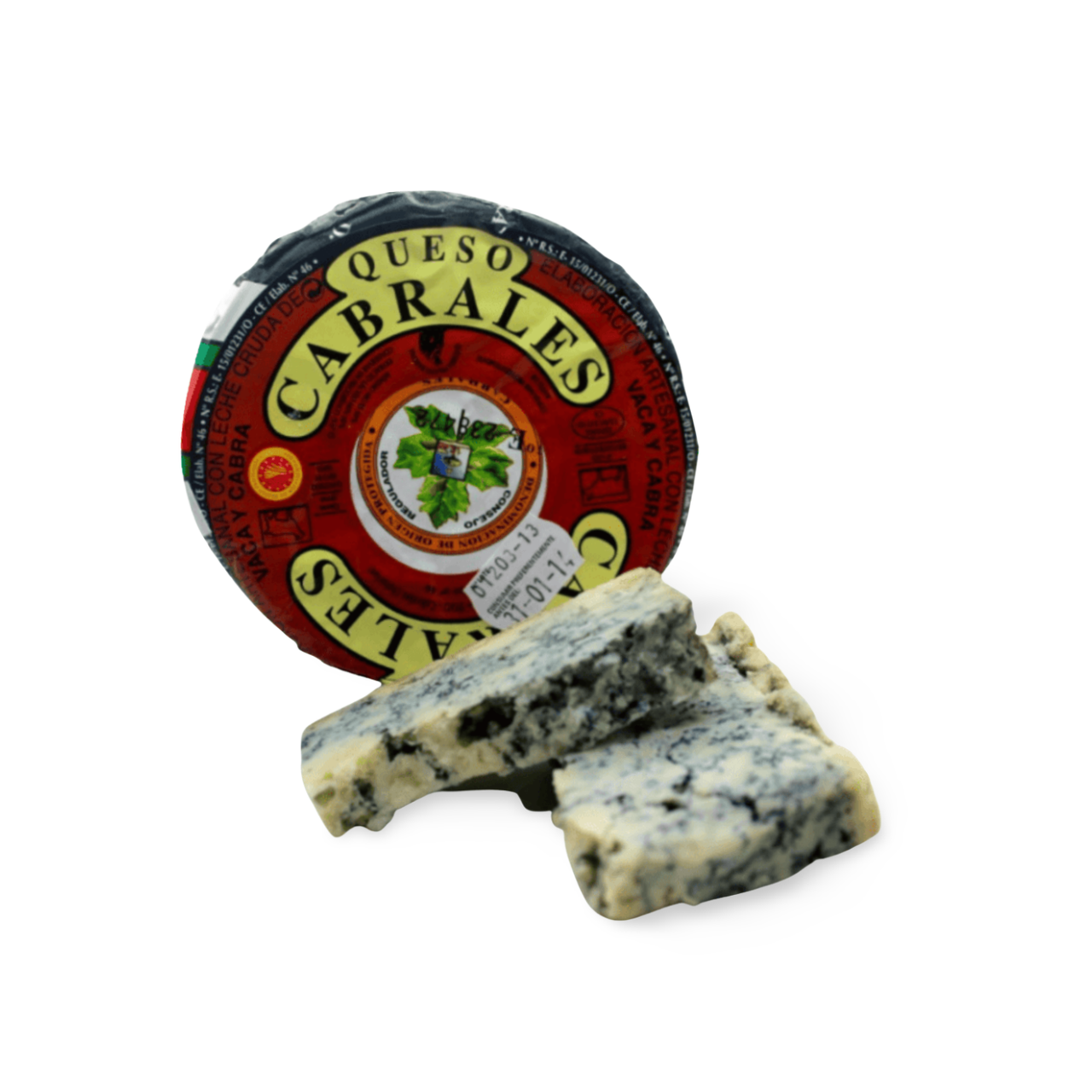
Queso Cabrales Semi-Hard Blue Veined Cow's Milk: Authentic Spanish Experience
Unlock the Bold and Authentic Flavors of Spain's Treasure
by Generic
Delivery today - Same day delivery available in Metro Manila.
Or choose your delivery date during checkout.
Indulge in the rich and intense flavors of tradition with Queso Cabrales, a masterpiece of Spanish artisanal cheese making. Originating from the scenic Asturias region, this semi-hard, blue-veined delicacy offers an unparalleled tasting experience deeply rooted in local heritage.
Origin & Protected Status
Queso Cabrales, a renowned Spanish blue cheese, hails from the breathtaking Asturias region in northern Spain, particularly the districts of Cabrales and Penamellera Alta. This cheese proudly holds the prestigious Protected Designation of Origin (PDO) status, ensuring that it is produced using authentic methods unique to its place of origin.
Milk Source & Composition
Made exclusively from raw cow’s milk, this variant diverges from traditional blends with goat or sheep milk, focusing on pure cow’s milk to deliver a robust and straightforward flavor. The use of raw milk contributes to its unique, intense flavor profile and supports a rich ecosystem of microbiology that thrives during the aging process.
Production Process
The production of Queso Cabrales begins with hand-milking cows that graze on verdant, high-altitude pastures, yielding milk enriched by diverse floral notes. The milk is gently heated and combined with rennet to form curds. These curds are then shaped using traditional molds known as arnios and are salted to begin the curing process.
The key to the cheese’s unique character lies in its cave aging process. After initial curing, wheels of Queso Cabrales are aged in the Picos de Europa mountains’ natural limestone caves. This environment, with specific humidity and temperature conditions, fosters the growth of Penicillium molds, creating the signature blue-green veins and contributing to the cheese’s flavor complexity.
Appearance & Texture
Queso Cabrales is crafted into cylindrical wheels featuring a thin, soft, gray rind often decorated with reddish or yellow patches. Inside, its creamy white to pale yellow paste is marbled with striking blue-green veins. Despite being a semi-hard cheese, its texture is a delightful blend of creaminess and crumbliness, enriched further by the presence of crunchy granules from crystallized amino acids.
Flavor Profile
This cheese is celebrated for its intensely pungent aroma and bold flavor, which surpasses many other blue cheeses like Roquefort or Gorgonzola. It presents a sharp acidity balanced with saltiness and spicy undertones introduced by its unique, active cultures. The earthy nuances reflect the natural mountain flora and the careful cave aging process.
Culinary Uses & Pairings
In the culinary world, Queso Cabrales is highly versatile. It makes an impressive addition to cheeseboards and can be creatively used to add depth to salads, sauces, and roasted vegetables. Its strong flavor makes it a fascinating component in cooking, seamlessly blending into both traditional and innovative dishes.
For pairing, robust red wines like Rioja Tempranillo complement its pungent characteristics, while sweet wines like Pedro Ximénez sherry provide a pleasing contrast. Craft beers and cider, especially Asturian sidra, also harmonize beautifully with its earthy flavors.
Historical Context & Cultural Significance
With a tradition that dates back centuries, Queso Cabrales is a true testament to Spanish cheesemaking heritage. Each wheel carries the story of its region, from the rich pastures where cows graze to the unique cave microflora. As a cultural icon, it remains a centerpiece of Asturian cuisine and a symbol of local pride celebrated in regional festivals.

